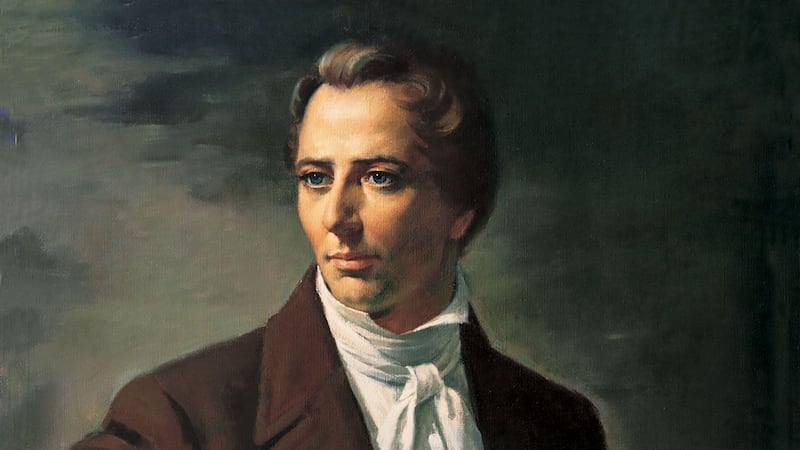Doctrine and Covenants 111 is a revelation given through Joseph Smith at Salem, Massachusetts, on Aug. 6, 1836. Joseph Smith, Oliver Cowdery, Sidney Rigdon and Hyrum Smith traveled to Salem that summer to find hidden treasure.
But while they were there, they took interest in the Salem witchcraft trials.
Salem, Massachusetts, of course, is known for the Salem Witch Trials that began in 1692. The trials only lasted a year, but it has become what most people think of when they think about witch trials.
Why did Joseph Smith and others go to Salem?
Doctrine and Covenants 111:9 reads, “This place you may obtain by hire. And inquire diligently concerning the more ancient inhabitants and founders of this city.” With this instruction from God, Joseph Smith and his companions visited the East India Marine Society Museum.
Not only did they visit this museum, they visited the library and studied the Salem witchcraft trials. Cowdery wrote, “This witch business began in 1691, and was so effectually carried on for about two years that the innocent blood of hundreds moistened the earth to gratify the vile ambition of jealous mortals.” Then, he spoke about Mr. Parris’ children and how they were impacted by this movement. Mr. Parris was a priest who did not make enough money. His children were considered bewitched after Mr. Parris began preaching and people revolted.
What did Oliver Cowdery think about the Salem Witch Trials?
Cowdery considered the Salem witch trial “a disgraceful affair” and also noted that the victims of the trial were innocent. Willard Richards acted as scribe for Joseph Smith where he noted that Salem was “rich in the history of the Pilgrim Fathers of New England, in Indian warfare, religious superstition, bigotry, persecution, and learned ignorance.”
About this visit, BYU professor Craig Ostler wrote, “Evidently, the Lord hoped to warn and educate the early leaders of his church concerning the tendency of some in religious societies to establish their own righteousness by excessively crusading against real and supposed evils among them. When this occurs, innocent individuals suffer at their hands and religion becomes a stink in the land.”
Joseph Smith’s trip to Salem may seem mysterious, but he and his companions seemed to learn the importance of learning from past mistakes.


